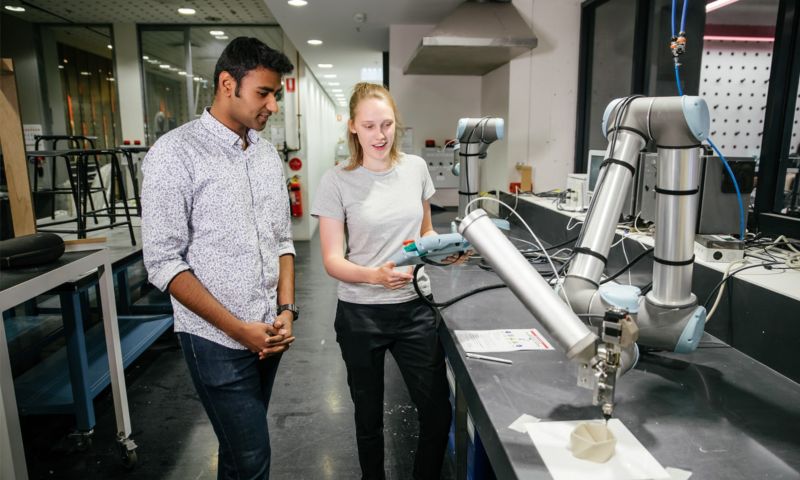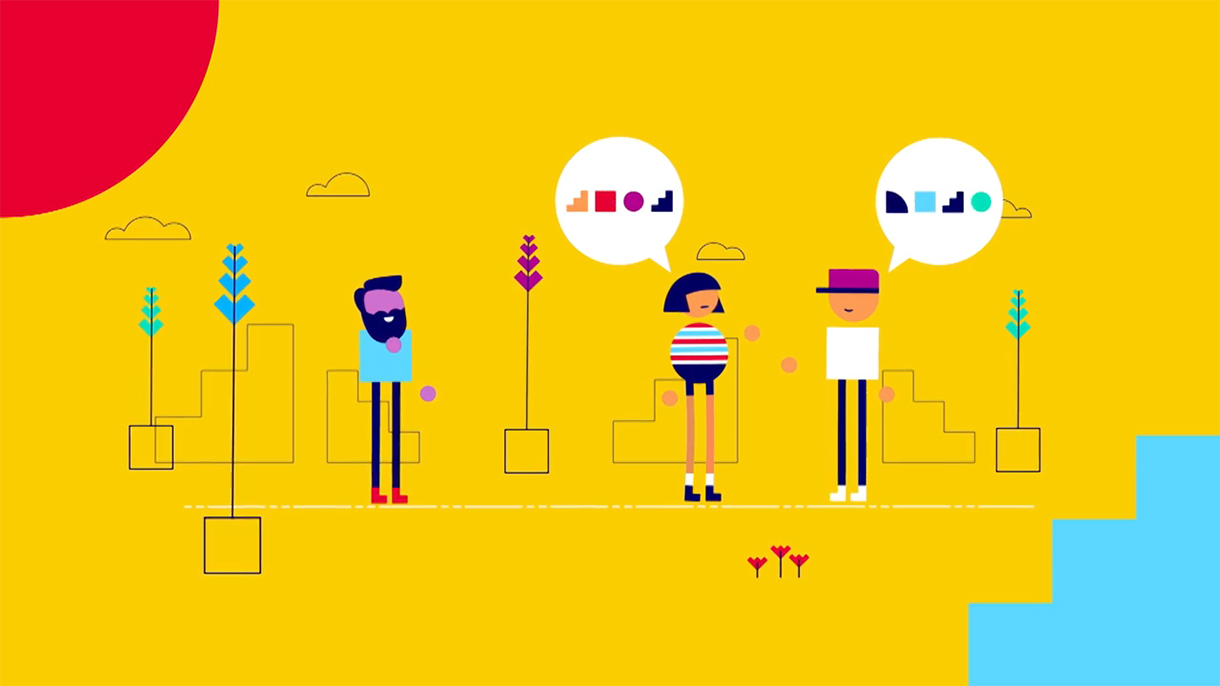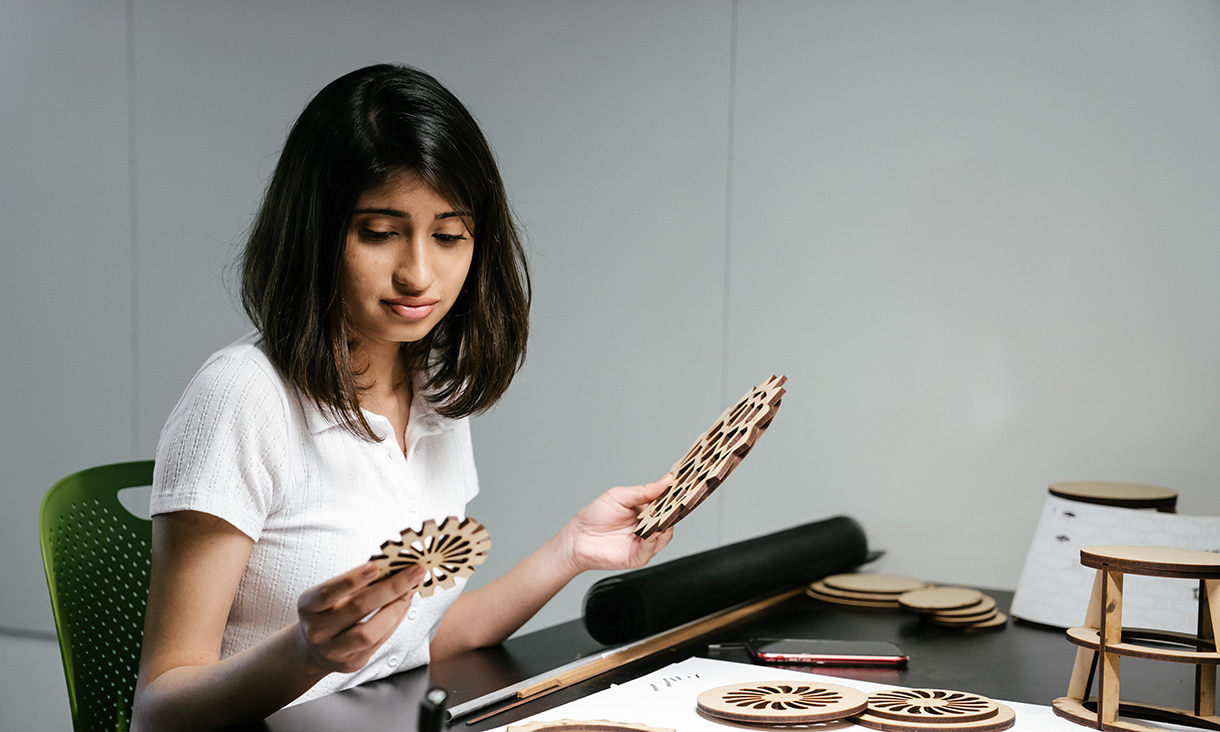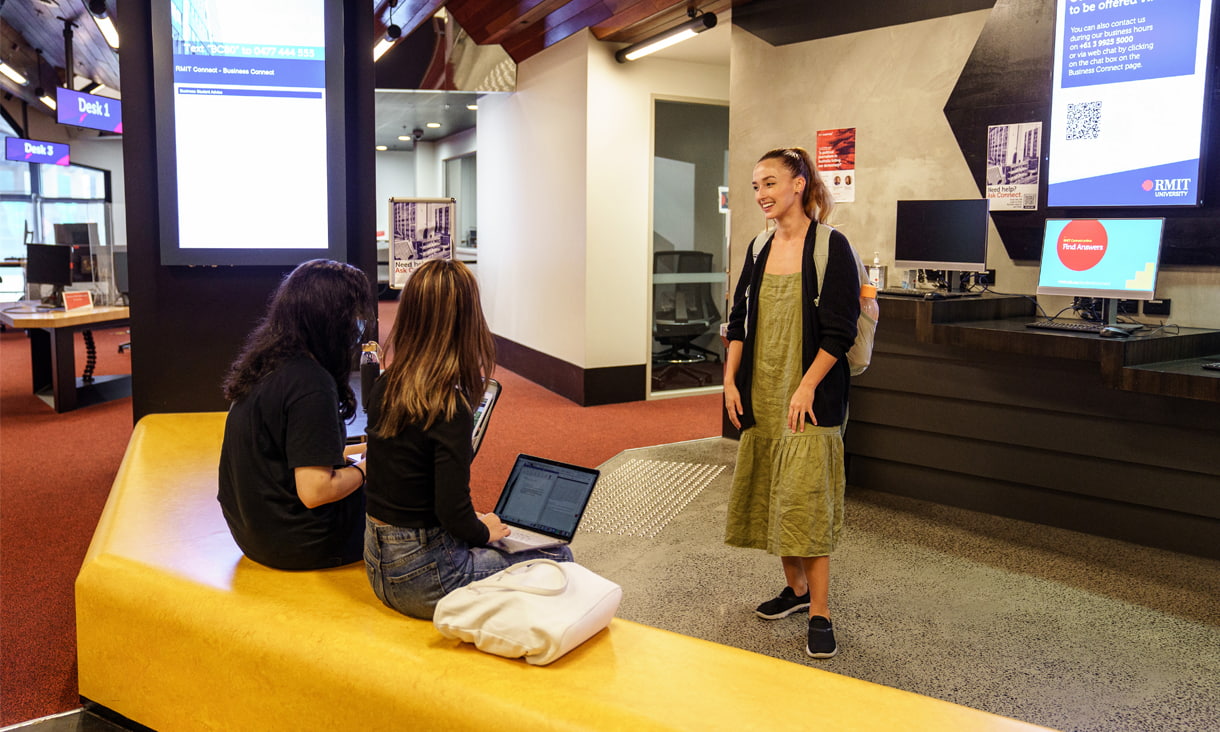University is a great time for your teen to experience the world and take advantage of global study opportunities. RMIT offers dozens of different exchanges, internships and study tour programs across Asia, Europe, Africa, Oceania and North and South America.
Through RMIT, your teen could be trekking through Vietnam’s rice fields on an exchange, taking a fashion intensive class at LIM College in New York, or immersing themselves in the beauty of Mexico to learn Spanish. Study tours and exchanges all count towards their study credit, and there’s a lot of loans and scholarships available.
For Bachelor of Science (Biotechnology) student Victoria Wan, putting classroom theory into action overseas was the best way to learn.
"I participated in two accredited international projects. One was around a small island in Fiji, assessing the marine biodiversity in a locally managed marine area, in contrast to one of no protection.
“I also ventured to Costa Rica to assist with the ongoing long-term monitoring of sea turtles and the subsequent collection of developmental data.
“These opportunities allowed me to experience some of the challenges faced in field research, while adapting to a foreign work environment."






